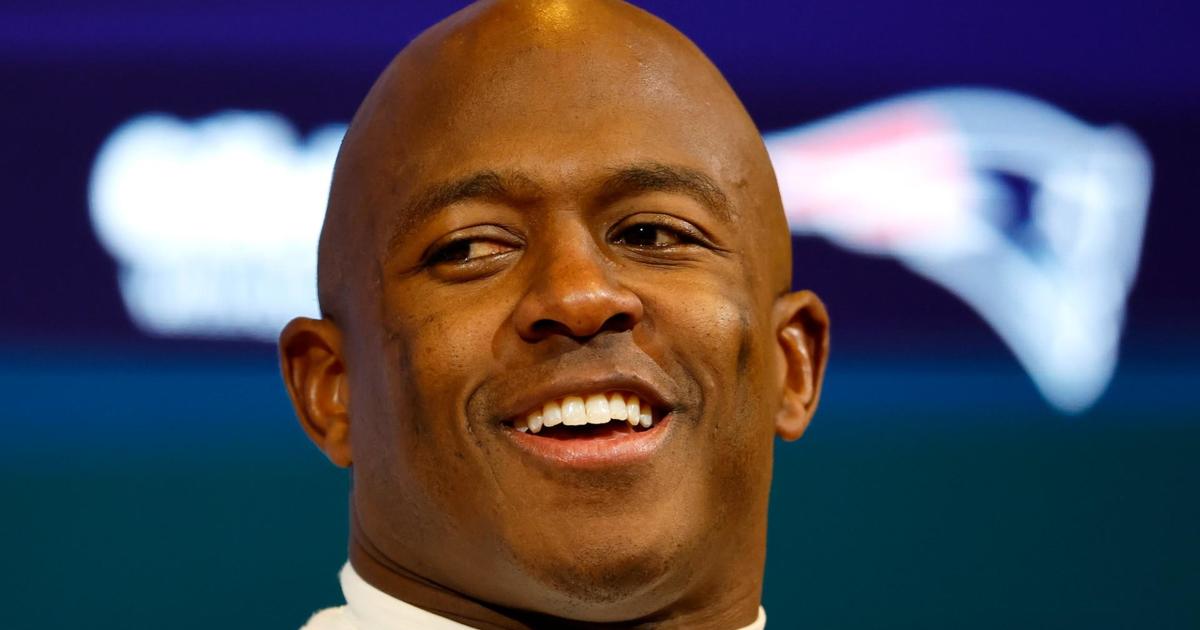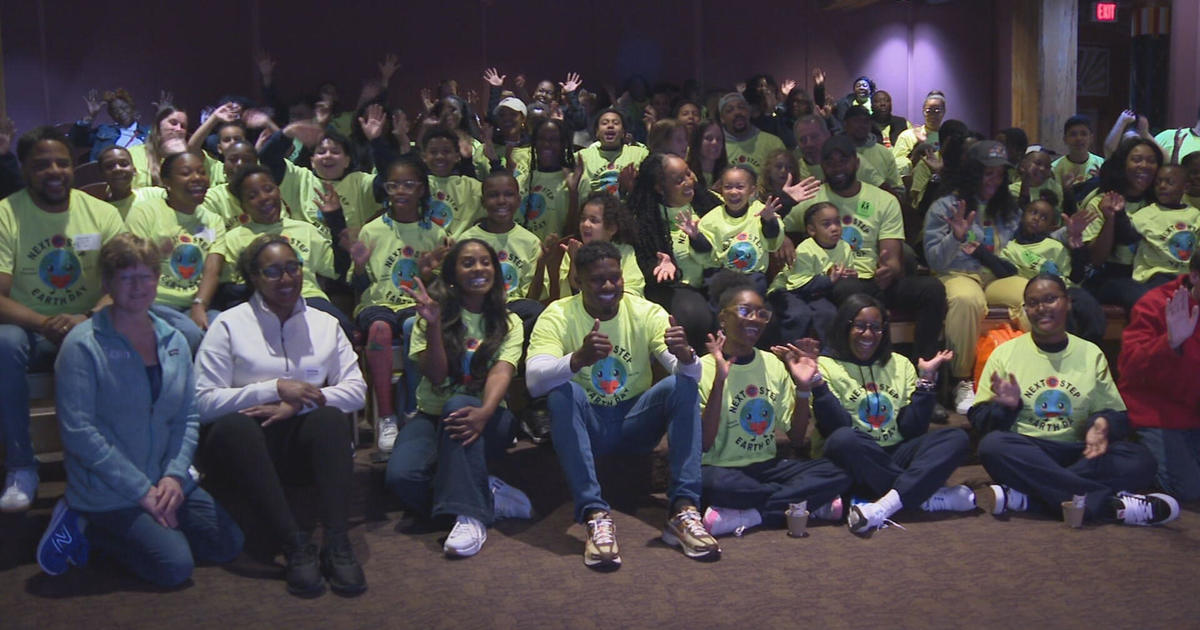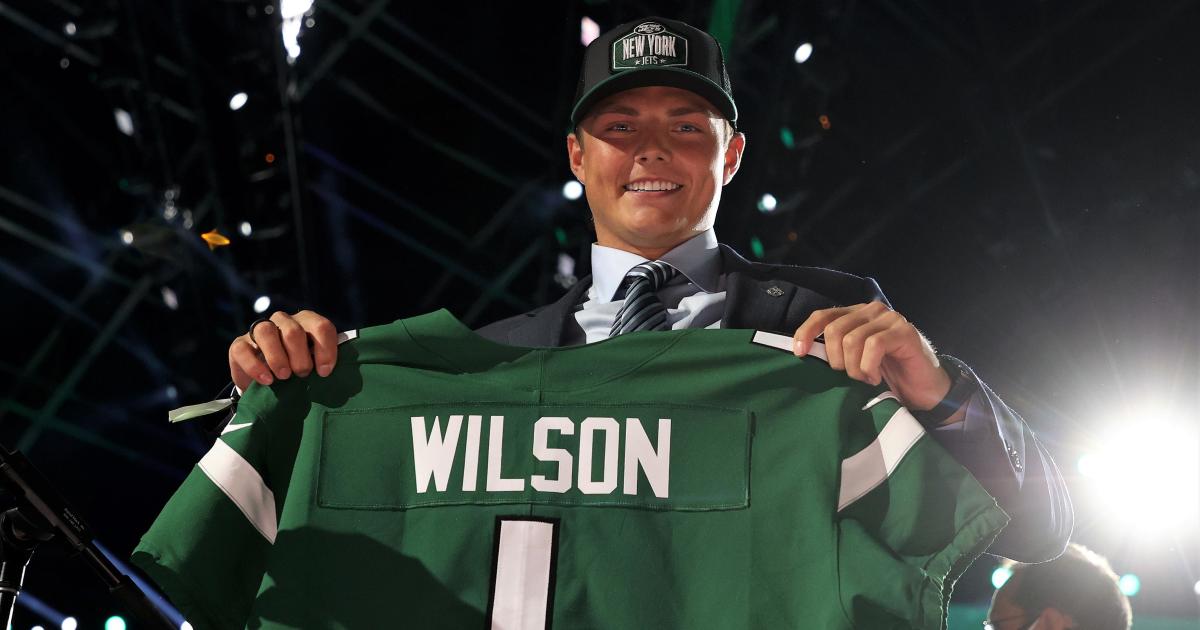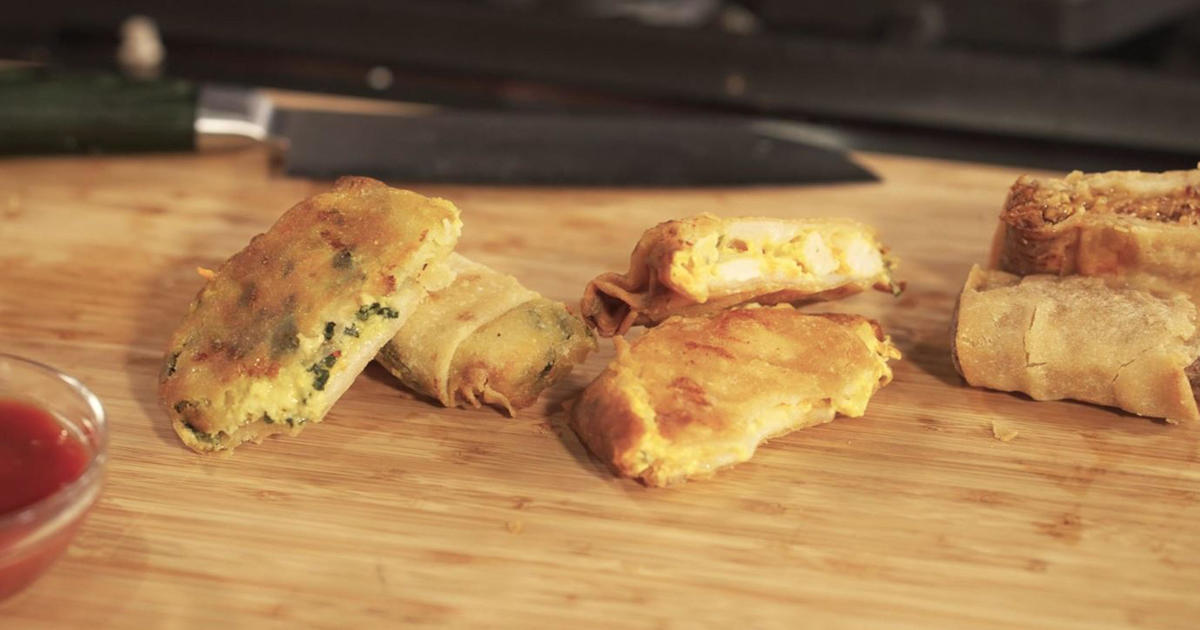Hurley: Patriots' Amicus Brief Could -- And Should -- Make Major Impact In Tom Brady's Appeal
By Michael Hurley, CBS Boston
BOSTON (CBS) -- Not all amicus briefs are created equally.
When a group of science professors from around the country explores PSI, or when a law professor points out major investigative flaws, or when someone like Michelle McGuirk files some official petitions with the Second Circuit, the Court is not necessarily going to give it much thought or care.
But when a member of the winning side in a high-profile labor-law case writes to the court and explains how wrong the ruling was? That's something that is going to get the Court's attention.
That's what happened Wednesday, when Patriots attorney Daniel Goldberg -- he of Wells Report In Context fame -- wrote a succinct amicus curiae brief to the Second Circuit that detailed the myriad ways by which Tom Brady was improperly served by the NFL during the "DeflateGate" fiasco.
Considering most of the public is beyond fatigued from this saga, the reaction was minor. Many believed it was an empty, meaningless effort.
But it was anything but empty.
This is a labor battle. Management vs Union. And a piece of management, a member of the NFL Management Council, filed a briefing to the court to explain why the union should win.
As a reminder, the NFL Management Council won the case. Roger Goodell was granted absolute power. The Patriots are a member of the NFL Management Council.
Yet the Patriots sent an eight-page filing to the Court which not only asked the judges to strip the NFL of that newly affirmed power but also denounced the league for its corruption in this case.
That is a major deal.
You have to understand, a tremendous uphill battle is in front of Tom Brady, Ted Olson and the NFLPA. The Second Circuit rehears cases 0.03 percent of the time. Chief Judge Robert Katzmann has stated that his Court will only rehear cases in "rare and exceptional circumstances."
The threshold that must be crossed to achieve that "rare and exceptional" status is remarkably high -- high enough where the judges would likely have to see something as bizarre as a winning party instructing the Court to reconsider its decision.
Among the 13 judges, eyebrows will now be raised.
Of course, the Patriots are not a neutral party to the proceedings. They stand to take a hit if Brady is required to miss four games.
But let's actually think about it: Do the Patriots really stand to lose anything if Brady is forced off the field for four weeks? Do they lose one dollar of profit? Do they sell one fewer ticket? Do they lose a dollar of television revenue? Ad revenue? Do they have to return any Super Bowl trophies? Would they have to drop ticket prices? Would the stores at Patriot Place suddenly be shuttered?
No.
No.
No!
The NFL is a business, and though the Patriots may possibly lose one or two more games without Brady, the Patriots would not be hurt at all in terms of business.
So do not categorize this as another empty public relations effort. I understand why the initial impression of many who saw Wednesday's filing was to believe that it was simply PR spin, lip service to appease the angry fans, or a formal backing of Tom Brady that was never intended to make a difference.
But make no mistake: this was not a PR effort. The Wells Report In Context was a PR effort. Those fire-and-brimstone Robert Kraft press conferences, while genuine, were still merely PR efforts.
This was a document filed in the U.S. Court of Appeals for the Second Circuit, a calculated decision, a document which made an effort to aid the players union in achieving success in appealing an NFL victory.
If Brady and the union succeed in that tall task, this document will be looked at as a central piece of that appeal.
What do you think that does with the Patriots' standing among their 31 peers?
Don't you think that -- a miraculous overturn in favor of the union and against Goodell and the NFL -- would figure to hurt the Patriots' business relations much more than missing their quarterback for four weeks?
The amicus brief was not merely a ceremonious filing, because what they're doing is standing in the way of the potential major victory of the NFL. The Patriots, for as much as the owner loves Tom Brady, are the NFL. That's the side Robert Kraft has begrudgingly stuck with throughout the process, dating back to May 2015 when he reluctantly accepted the league's punishment. It was all in the name of "the 32."
But not now.
Now, the Patriots are laying out in great detail the obviously unfair procedure which took place during the investigation, the punishment phase and the appeals process within the NFL.
Here is what the Patriots said, in an official filing in court, about commissioner Roger Goodell:
"[The Court] endorsed the outcome of a highly manipulated and fundamentally unfair process designed and used by the Commissioner to reach and justify a predetermined outcome in violation of the CBA and this Court's precedents."
"From the outset of this matter the League's conduct reflects less a search for the truth than pursuit of a pre-determined result and defense of a report which, despite no direct evidence of tampering or Mr. Brady's involvement, was relied on to impose penalties with no precedent or correlation to the alleged offense."
"In addition, at the very outset of the investigation the League leaked materially incorrect PSI information and refused to correct it for months, allowing public misperceptions to fester."
"The Commissioner publicly praised the Wells Report, imposed penalties based on it, and then insisted on hearing and deciding Mr. Brady's appeal himself despite the authority to appoint an independent person to do so. When evidence at that hearing did not provide support for enhanced findings against Mr. Brady (to go beyond 'general awareness' of violations by others), the Commissioner made new findings and changed the basis on which Mr. Brady was being penalized."
The filing also criticized Goodell for his "misstatement" of Brady's testimony, which was actually an out-and-out lie by Goodell about Brady's testimony. It also called out the NFL's brief to the Second Circuit, saying, "the NFL's brief also totally mischaracterized the content of other text [messages], asserting, for example, that they contained demands by Mr. [Jim] McNally that Mr. Brady provide him with financial or other benefits; in fact, not a single text stated that. All these mischaracterizations were designed to make the evidence against Mr. Brady seem far stronger than it was."
None of this is new to those who have followed the case -- and the Patriots' website -- closely over the past year. Yet you have to understand that to the judges, these words will jump off the page.
The filing, of course, provides no guarantee that Brady and the union will ultimately win the case. Far from it.
But the bottom line is this: After a major victory for management in a labor-law battle against a union, a member of management is taking the union's side and is asking the Court to side with the union. If it's not completely unprecedented, it's remarkably rare -- even in the unique arena of multi-billion dollar sports industries.
And while it can't guarantee a victory for Brady and the NFLPA, it is undoubtedly going to make every single one of those Second Circuit judges take a closer look at what really went on and whether Goodell's actions as arbitrator should set important labor precedent going forward.
You can email Michael Hurley or find him on Twitter @michaelFhurley.



